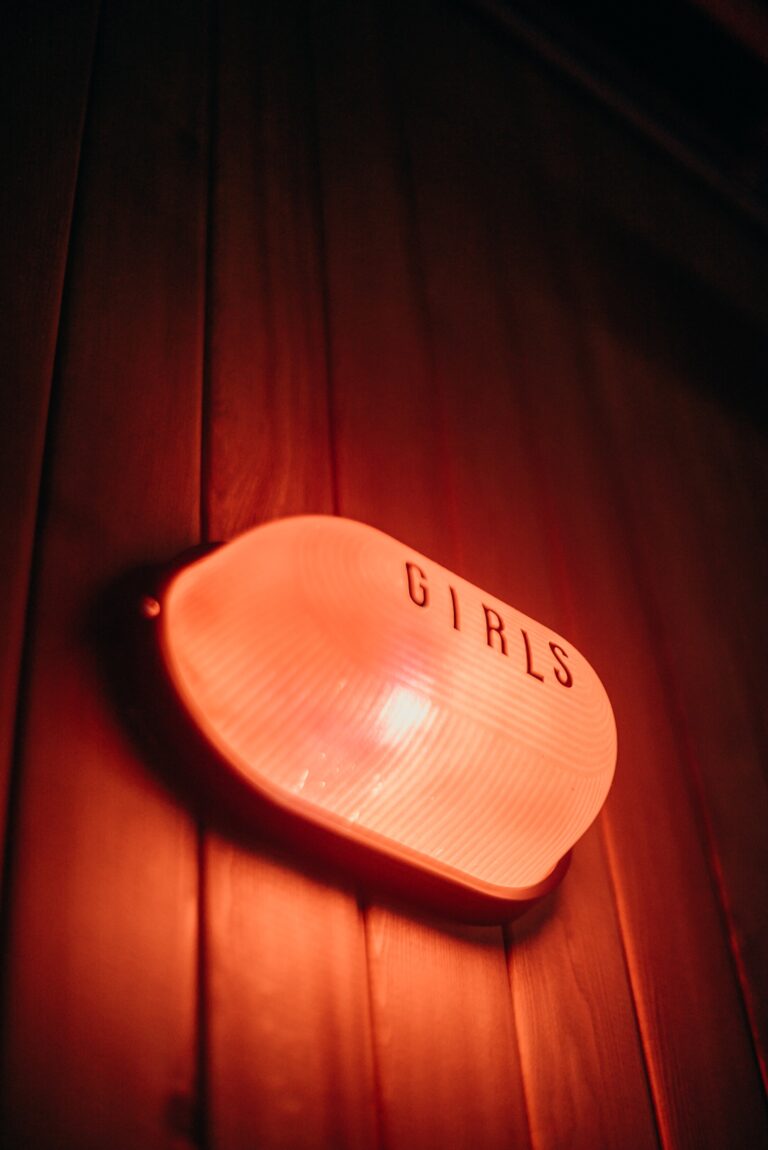What is the legality of prostitution in France?
Prostitution in France is legal, but organized activities such as brothels, pimping, and solicitation are prohibited. The purchase of sexual services was criminalized in 2016, making France one of the few countries to adopt the Nordic Model of prostitution legislation. Under this model, the sale of sex is legal, but the purchase of sex is illegal. This aims to protect sex workers while discouraging clients and reducing demand for prostitution.
What penalties and enforcement measures are used in France regarding prostitution?
Penalties and enforcement measures in France focus on clients and third parties involved in organized prostitution activities. The penalties for clients found guilty of purchasing sexual services include:
- A fine of up to €1,500 for a first-time offense
- A fine of up to €3,750 and mandatory attendance at a john school for a second offense
- Potential imprisonment for repeat offenders
For those involved in organized prostitution activities such as pimping or operating a brothel, the penalties are more severe, including lengthy prison sentences and substantial fines. Sex workers are not penalized for selling sex but can be penalized for soliciting clients in public spaces.
How is prostitution referred to locally in France?
In France, prostitution is often referred to as la prostitution or le métier du sexe. Sex workers are commonly called prostituées or travailleuses du sexe. Clients are referred to as clients or, more colloquially, as johns.
What is the history of prostitution in France?
Prostitution has a long history in France, dating back to the Roman Empire. Throughout the centuries, the legality and regulation of prostitution have shifted numerous times. Some key historical moments in French prostitution legislation include:
- 1804: The Napoleonic Code decriminalizes prostitution but regulates it through mandatory health checks and registration
- 1946: The Marthe Richard Law closes all brothels and criminalizes pimping
- 2003: The Internal Security Law (also known as the Sarkozy Law) criminalizes passive solicitation, making it illegal for sex workers to signal their availability in public spaces
- 2016: The Law on Strengthening the Fight against the Prostitution System criminalizes the purchase of sexual services, adopting the Nordic Model
What government laws and resources are in place regarding prostitution in France?
The French government has enacted several laws and established resources to address prostitution and support sex workers. Some of these include:
| Law/Resource | Description |
|---|---|
| Law on Strengthening the Fight against the Prostitution System (2016) | This law criminalizes the purchase of sexual services, introduces penalties for clients, and provides support measures for sex workers, such as access to social services and assistance in exiting prostitution. |
| National Strategy for the Protection of Children from Prostitution and Exploitation (2019-2021) | This strategy aims to prevent child prostitution, protect child victims, prosecute perpetrators, and promote international cooperation in the fight against child prostitution and exploitation. |
| Prostitution Exit Programs | These programs, established under the 2016 law, provide financial assistance, housing, healthcare, and social support to help sex workers exit prostitution and reintegrate into society. |
While the Nordic Model adopted by France has been praised by some for focusing on the demand side of prostitution and protecting sex workers, it has also been criticized for potentially pushing the industry further underground and making it more difficult for sex workers to access support services and work safely. The ongoing debate about the best approach to prostitution legislation in France is likely to continue for years to come.
